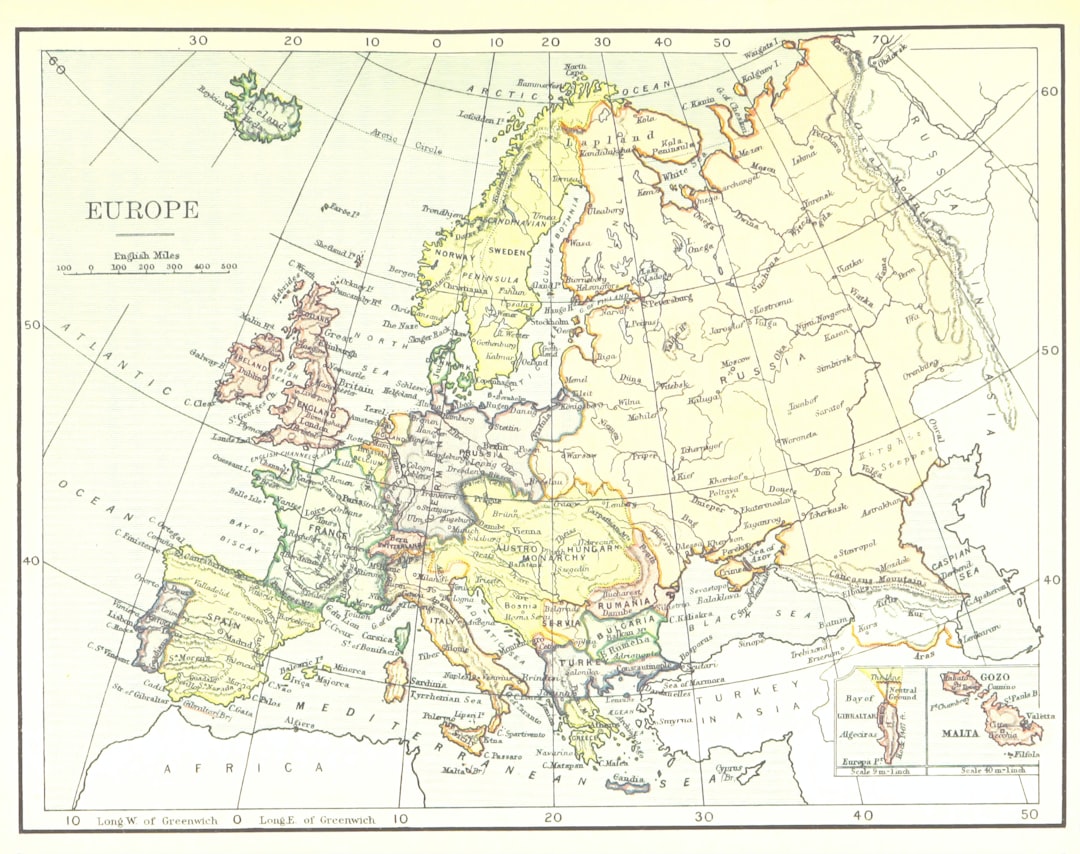In the United States, one of the most commonly asked questions by sports fans is: Why do Americans call it “soccer” while the rest of the world calls it “football”? The answer lies in a fascinating journey through history, language, and culture that began not in North America, but in England. Yes, the term “soccer” actually originated in the very country that gave birth to the modern version of the game.
To fully understand how “soccer” became the term of choice in the U.S., it’s important to take a step back and look at the origins of both the sport and its many names.
The Birth of Football—and Its Many Forms
In the 19th century, various forms of football were played in schools and communities across Britain. At the time, “football” was a general term that referred to any sport played on foot—rather than on horseback—and involving a ball. These included games where the ball was carried, thrown, or kicked. The lack of standardized rules made it necessary for schools and organizations to define their own versions of play.
In 1863, the Football Association was formed in England to codify rules that emphasized kicking the ball without using the hands. This version became known as “association football.” Meanwhile, another version focused on carrying the ball using hands, eventually evolving into rugby football.

Where Does “Soccer” Come From?
In late 19th century England, it was common for students at elite universities like Oxford to create nicknames by adding the suffix “-er” to shortened words. For example, someone playing rugby was known as a “rugger.” In the same spirit, “association football” was shortened to “assoc football,” and then creatively turned into soccer.
So, ironically, the word “soccer” is British in origin. It was a slang term used to distinguish it from rugby football. During this early period, even the British frequently referred to the game as “soccer,” especially among the upper class.
How the Name Traveled Across the Atlantic
When the game crossed over to the United States in the early 20th century, Americans already had their own version of football—what the rest of the world calls American football. To avoid confusion, “soccer” (the British nickname) was adopted in the U.S. to differentiate between the two sports.
By the mid-1900s, “soccer” had become the default term in the U.S., Canada, and a few other countries where other forms of football were dominant. In contrast, most countries where association football was the primary sport simply kept calling it “football.”
Why The Debate Persists Today
Today, the term “soccer” is often seen—especially outside the U.S.—as a uniquely American or even incorrect word. But the truth is a lot more nuanced. While the British stopped using the term “soccer” after World War II, Americans continued using it as association football grew in popularity alongside American football. This evolution in language was practical, not cultural arrogance.
There’s also an element of cultural identity at play. To many Americans, calling it “soccer” is part of a sports language system that includes football, baseball, and basketball. Conversely, to many Europeans and South Americans, “football” is more than just a sport—it’s a pillar of national pride and identity.

Interesting Facts About the Word “Soccer”
- Originated in Britain: The word “soccer” was coined in England, not the U.S.
- Used alongside “football” in Britain: Up until the mid-20th century, “soccer” was commonly used in England.
- Avoids confusion in sports-rich nations: Countries like the U.S., Canada, and Australia use the term to distinguish from their native football games.
Conclusion: It’s All About Context
Whether you call it “soccer” or “football” largely depends on where you are and what local sports culture prevails. Rather than viewing “soccer” as an American anomaly, it’s more accurate—and more enlightening—to see it as part of the sport’s rich and adaptive history.
So the next time someone asks why Americans call it “soccer,” you can confidently explain that it’s actually a British invention, adopted for practical reasons, and one that contributes to the global diversity of the world’s most popular game.

